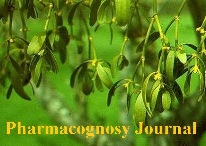Volume 2, Issue 10
Asparagine Based Plant Biosensor for Leukemia
Author: K. Kumar, T. Pathak, D. Aggarwal
Abstract: L-asparagine is the most abundant metabolite for the storage and transport of nitrogen that is utilized in protein biosynthesis. Asparagine hydrolysis in plants is catalyzed by asparaginases with no homology to the bacterial-type enzymes. The enzyme L-asparaginase was extracted from leaves of Citrus limon. Immobilization of enzyme by physical entrapment method has been done. Different immobilization techniques like immobilization with calcium alginate, agar, agarose, polyacrylamide gel and gelatin were used. Among all these techniques, calcium alginate immobilization method was better one for construction of novel biosensor. The asparagine concentrations ranging from 10-1 to 10-9 M were studied. The level of asparagine in leukemic blood was 10-2 M and that in normal blood was in the range of 10-7 – 10-5 M. Plant Biosensors possess advantages such as reliability, sensitivity, accuracy, ease of handling, and low-cost compared with conventional detection methods.
Download Full Article: Click Here
Support Us
If you are interested in supporting our work and would like to contribute, you are welcome to mail me at jpbr.anil@gmail.com or at info@thepharmajournal.com it will be a great help and will surely be appreciated.

